Can suggest you to create another table that will contains the distinct values (im presuming that the unique combination is Date <-> Subject)
The script below will create OverallDuration table will contains the distinct duration values for the combination Date <-> Subject. This way you will have one additional field OverallDuration which can be used in the KPI.
The OverallDuration table is linked to the RawData table (which is linked itself to the Calendar table) which means that OverallDuration calculation will respect the selections on Subject, LessonYear, LessonMonth etc. (have a look at the Math selection picture below)
RawData:
Load
*,
// Create a key field with the combination of Date and Subject
Date & '_' & Subject as DateSubject_Key
;
Load * Inline [
Date, Duration, Subject, Attendee
1/10/2019, 2:00, Math, Joe Bloggs
1/10/2019, 2:00, Math, John Doe
2/10/2019, 3:00, English, Jane Doe
6/11/2019, 1:00, Geog, Jane Roe
17/12/2019, 0:30, History, Joe Coggs
];
// Load distinct DateSubject_Key and the Duration
// converting the duraion to time.
// This table will link to RawData on the key field
OverallDuration:
Load
Distinct
DateSubject_Key,
time(Duration) as OverallDuration
Resident
RawData
;
// Creating calendar table from the dates (distinct)
// from RawData and creating two additional fields - Month and Year
// This table will link to RawData on Date field
Calendar:
Load
Distinct
Date,
Month(Date) as LessonMonth,
Year(Date) as LessonYear
Resident
RawData
;
Once the script above is reloaded then your expression will be just sum( OverallDuration ) And you can see the result in the pivot table below:

The overall duration is 06:30 hours and for Math is 02:00 hours:

And your data model will look like this:

I like to keep my calendar data in separate table but you can add month and year fields to the main table if you want


